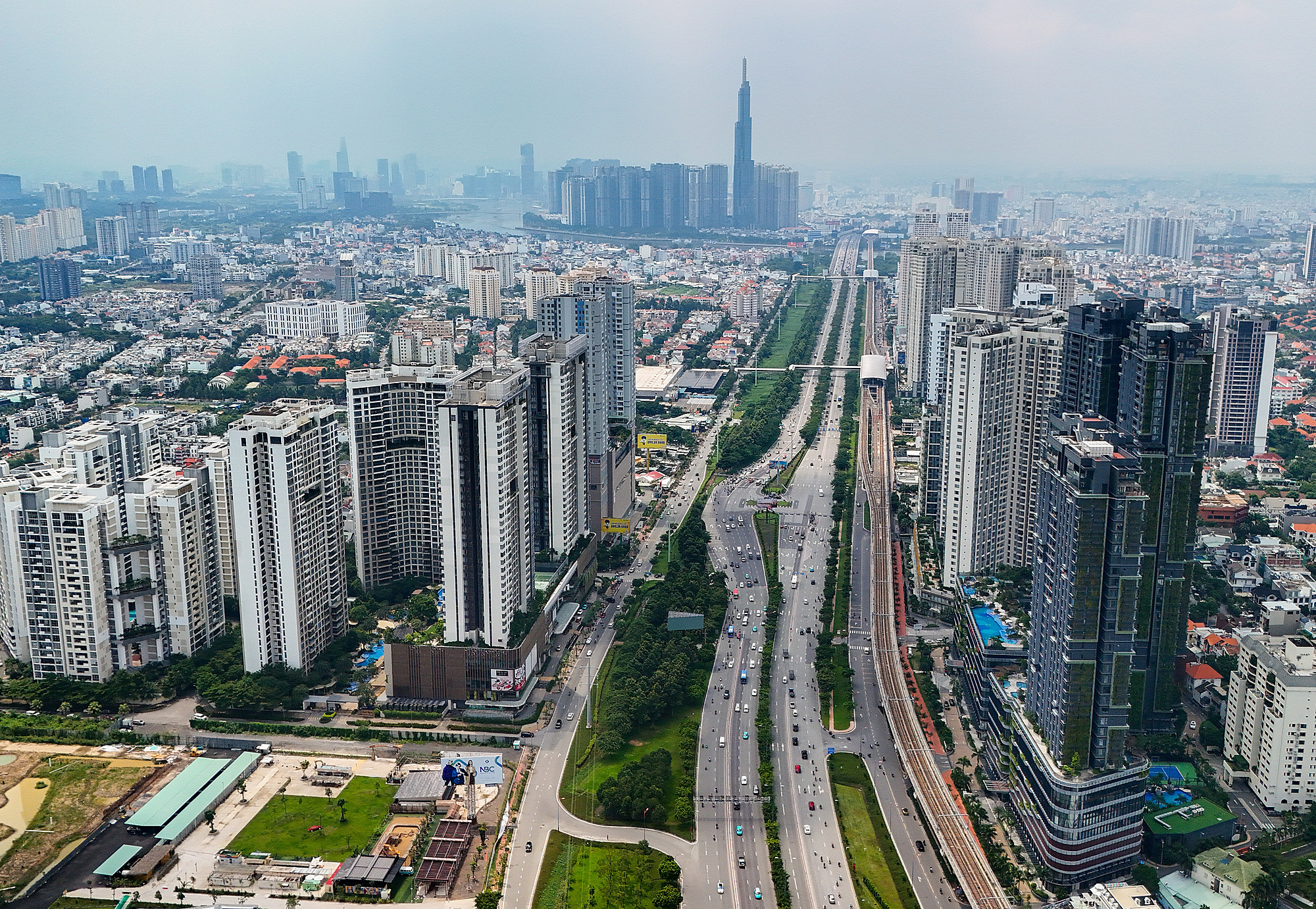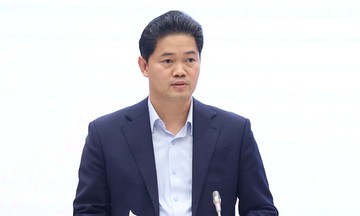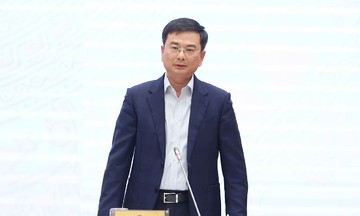In a directive issued on October 7, Prime Minister Pham Minh Chinh noted that real estate prices in some areas and localities have consistently risen, far exceeding the financial capacity of residents.
According to him, one reason is a lack of information regarding housing and the real estate market, alongside instances of "price pushing" and "virtual pricing." Additionally, the market lacks an adequate supply of commercial housing at suitable prices, while the number of social housing projects remains insufficient to meet public demand.
The government leader emphasized the need to promote investment projects and increase the supply of housing products. Concurrently, he called for stricter control and rectification of manipulation, price inflation, and real estate speculation. Prime Minister Pham Minh Chinh also highlighted the importance of breakthrough policies to attract resources to the market, particularly for developing housing segments at prices affordable to average incomes. This measure aims to ensure people's right to housing and shelter.
In reality, housing prices in urban areas like Hanoi and TP HCM have continuously escalated recently. According to a report by the Ministry of Construction, in Hanoi, the average apartment price reached 70-80 million VND per square meter, an increase of 5,6% compared to the beginning of the year. Meanwhile, prices for townhouses and villas rose to the 100-200 million VND range. Similarly, in TP HCM, apartment prices increased from approximately 35 million VND per square meter to over 91 million VND between 2018 and 2024.
Conversely, the average per capita income has only increased by about 6-7% annually, making housing increasingly difficult to access. The Ministry observed that in many cases, "land and housing prices do not accurately reflect the actual supply-demand dynamics but are primarily driven by speculation, planning information, and herd mentality."
 |
Real estate in eastern TP HCM, October 2025. Photo: Quynh Tran |
In the directive, the Prime Minister assigned the Ministry of Construction to review and refine legislation concerning housing, real estate business, planning, and construction to remove market bottlenecks. The Ministry must also research price control mechanisms and policies for renting and rent-to-own housing for low-income individuals. A pilot project for a state-managed real estate and land use rights transaction center needs to be completed in October.
Furthermore, regulations on land use fees require reasonable adjustment to prevent them from causing real estate, housing, and land prices to exceed people's incomes.
The Prime Minister requested the Ministry of Finance to report to the government on real estate tax policy before October 15. Administrative procedures related to taxes, notarization, and land registration need to be digitized. The Ministry of Agriculture and Environment is tasked with completing the national land database and connecting it with population data.
The State Bank of Vietnam is directed to manage monetary policy flexibly, prioritizing credit for social housing, workers, apartment renovation, and commercial housing at suitable prices. It is also tasked with strict control and thorough assessment when extending credit to high-priced real estate projects or those showing signs of "price inflation."
The State Bank must also instruct commercial banks to reduce costs and lower interest rates for production-consumption loans. Additionally, it needs to increase the disbursement of the 120 trillion VND credit package and preferential loans for young people under 35 years old buying social housing or their first home.
According to the draft Resolution on mechanisms to control and curb real estate prices, the Ministry of Construction is proposing to tighten loan limits for individuals purchasing a second home or more. Under this proposal, the maximum loan for a second home would be 50%, and for a third real estate property, no more than 30%. These measures aim to curb speculation and control real estate prices. Following public consultation, if approved by competent authorities, the draft resolution will take effect from the signing date until 1/3/2027.
Phuong Dung









